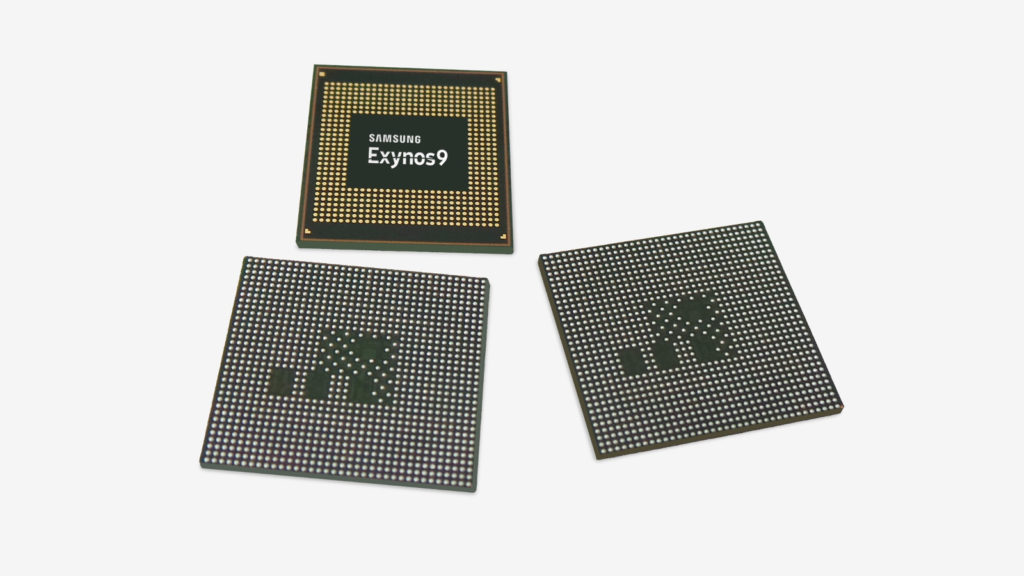Elon Musk’s AI chatbot Grok has once again found itself at the centre of controversy after the most recent update to Grok 3 triggered…
Exynos 9810: Samsung’s latest flagship chip demystified

CES is the first major tech expo on the calendar, hitting Las Vegas in January. Now, ahead of the expo, Samsung has issued a press release, touting various products to receive awards at CES 2018. And one of the products is a new flagship processor, dubbed the Exynos 9810.
Yes, it would appear that the company has stealthily revealed the existence of the Galaxy S9’s chipset. It makes for somewhat of a departure in naming conventions, the previous two chipsets being Exynos 8890 and 8895.
“The Exynos 9 Series 9810 is Samsung’s latest flagship processor, with 3rd-generation custom CPU cores, upgraded GPU, and gigabit LTE modem with industry-first 6CA support. It is built on 2nd generation 10nm process technology,” reads an excerpt of the release.
Demystifying Samsung’s new processor
What does Samsung tell us about the chip? We know that the firm has used four high-powered custom cores in the Galaxy S7 and S8 chips, but these were paired with four low-power A53 cores, giving us an octacore design. So you’d expect Samsung’s new chip to pair four updated custom cores with ARM’s lightweight cores (presumably A55).
As for the “upgraded GPU”? Recent history shows that Samsung and Huawei generally opt for ARM’s Mali graphics hardware. Recent history also tells us that whatever Huawei’s Mate has, Samsung offers more of the same.
Not following? Well, the Mate 8 delivered a Mali T880 MP4 GPU (quad-core), with the S7 offering a 12-core version of the GPU. The Mate 9 delivered an octacore version of ARM’s Mali G71 GPU, while the Galaxy S8 delivered a 20-core Mali G71 GPU.
Now, Huawei’s Mate 10 is the first to offer a Mali G72 GPU, available in a 12-core flavour. It’s reasonable to expect that Samsung could offer a 20-core Mali G72 GPU then. But this isn’t a guarantee, with rumours of Samsung looking into AI silicon, it might sacrifice some graphical oomph for the new hardware.
Finally, Samsung has confirmed that the new chip will stay on the 10nm manufacturing process. This is a rather interesting bit of news, as Qualcomm’s Simone Severini told us that a move to 8nm chips is coming “pretty soon”.
Samsung uses Qualcomm chips for its US phones, while everyone else gets the Exynos processor. If the Snapdragon 845 is indeed an 8nm chip (we don’t know for sure — rumours state otherwise), then it should provide more power savings on paper than the in-house processor.

